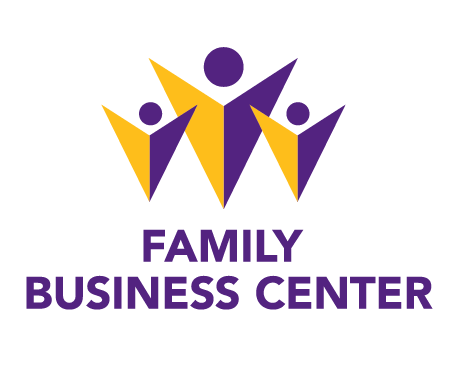Succession: It's never just business
Succession: It's never just business

By Dan Beenken
I had this book sitting on my desk for a few months, thinking I would eventually put it on a shelf with about 30 others I haven’t read. But January in Iowa this year turned out to be cold enough to force me to do some reading. The weather and delays with Ozark season four were just enough to put reading a book or two on my list. (That doesn’t say much for Iowa’s winters, I guess.)
Tom Hubler’s “The Soul of Family Business” was the no. 1 pick for me, and I had interest in reading it after hearing his presentation at last year’s conference.
Here were some of my big takeaways for how it might help your business family:
- Develop a common family vision.
Tom stresses this exercise throughout the book as a foundational element that ties a family together. It gives you a framework to discuss your “why” as a family. What is your purpose in being a business family? How will you interact? I like the exercise of creating a family vision, where the end product of your vision is less important to me than sitting down with your family and having meaningful conversations. The process by which you discuss, share opinions and compromise is where you can really move your family from “Jerry Springer-land” to something a lot more functional. - Practice forgiveness.
Another theme of the book is the use of forgiveness and the acknowledgement that we all hurt each other. It's touchy-feely stuff to be sure, but through consulting I have found that if a family doesn’t “go there,” you can never get to the other side. Hurt and resentment can weigh down any efforts to move forward as a family if left unspoken. Dealing with these wrongs doesn’t mean forgiving and forgetting, but rather “remember fully and forgive." You aren’t going to forget the time your parents gave your sibling a free pass on their behavior. Instead, we need to get these issues out in the open, acknowledge them, own them, speak to the hurt they have caused, ask for the forgiveness we need and know that we all share in contributing these wrongs to each other. The section on forgiveness is something I hadn’t encountered in my years of reading on the subject, but I definitely see its importance as I work with more and more families. Don’t skip this one just because it feels awkward and puts you in a vulnerable spot. Real progress won’t happen without it. - Develop processes and procedures.
I really like Tom’s case for governance. Many families immediately push back at the thought of adding layers of self-governance to themselves. No one wants to be told what to do, and I get that. A client family might say, “We don’t need rules because we are so close and really love each other.” To that, Tom responds, “It’s because you love each other that you need policies and governance.”
In a family business, nothing is every “just business." It may be to you, but rarely is that how everyone sees it. As Tom says in the book, “That’s why business families must learn to anticipate the unthinkable by having ways to preempt situations and to learn how to heal hurts once they occur.”
I couldn’t have said it better myself.


